The last few months have been rife with the conversation surrounding Artificial Intelligence. Ever since ChatGPT was released back in November of last year, we have seen the benefits that AI can bring, but also the irreparable harm it can do to certain industries. This has been particularly true for writers, and this has all come to a head in discussions surrounding the ongoing writers’ strike in the States, with director Joe Russo warning us of the danger it poses.
ChatGPT is a tool designed to help make some of the busy work many deal with on a daily basis easier. From writing up and responding to emails, doing research and analysis, to simply streamlining our workflow. However, the tool does not stop there anymore. Since its release last year, the technology has already made significant headway, with the addition of GPT-4 making writing much more fluent and organic sounding.
We used to laugh at AI’s attempts to write out scripts, with individuals forcing the technology to watch hundreds of hours of shows or ads and then ask it to write a script based on the content consumed. The results were hilarious, close enough to the real thing for it to be recognizable, but also completely incoherent at times. Now though, we often can’t tell the difference between human-written and AI written in many cases – and this is a problem.
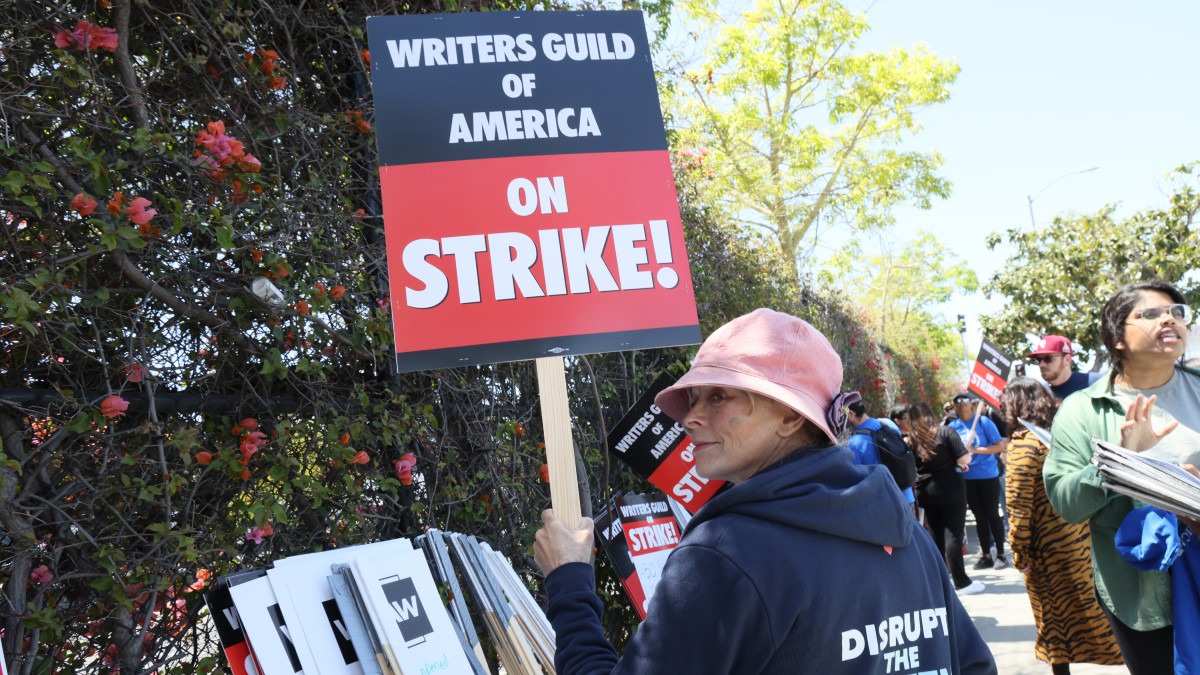
Speaking to Variety a few days before the writers’ strike took effect, the director of Avengers: Endgame gave his own thoughts on the proliferation of AI in creative fields. “I think everyone should be scared of AI,” he said, adding, “I don’t know if you’ve heard any of the Drake ‘songs’ that have been dropping on social media, but it’s here. It’s not going anywhere.” It is one thing for AI to write up an email to send to someone that takes away time from creatives to do what they do best, but it is another for AI to take away the creative’s role altogether.
Russo believes that AI should be a “tool servicing us rather than us servicing the tool.” We should be in control of how we use it, not using it in a way that makes us obsolete. He continues,
“When the creatives are engaged and the creatives are spearheading the use of technology — look at James Cameron’s entire career — that technology ends up in service of artists rather than vice versa. If corporations drive the adoption of that technology, it might be a different story.”
AI continues to be a part of the ongoing discussion between the Writers Guild of America (WGA) and the Alliance of Motion Picture and Television Producers (AMPTA), with the WGA proposing that AI work cannot be considered “literary material” or “source material.” The AMPTA proposed an annual meeting to discuss the use of AI, which may be something that the WGA is unable to swallow.

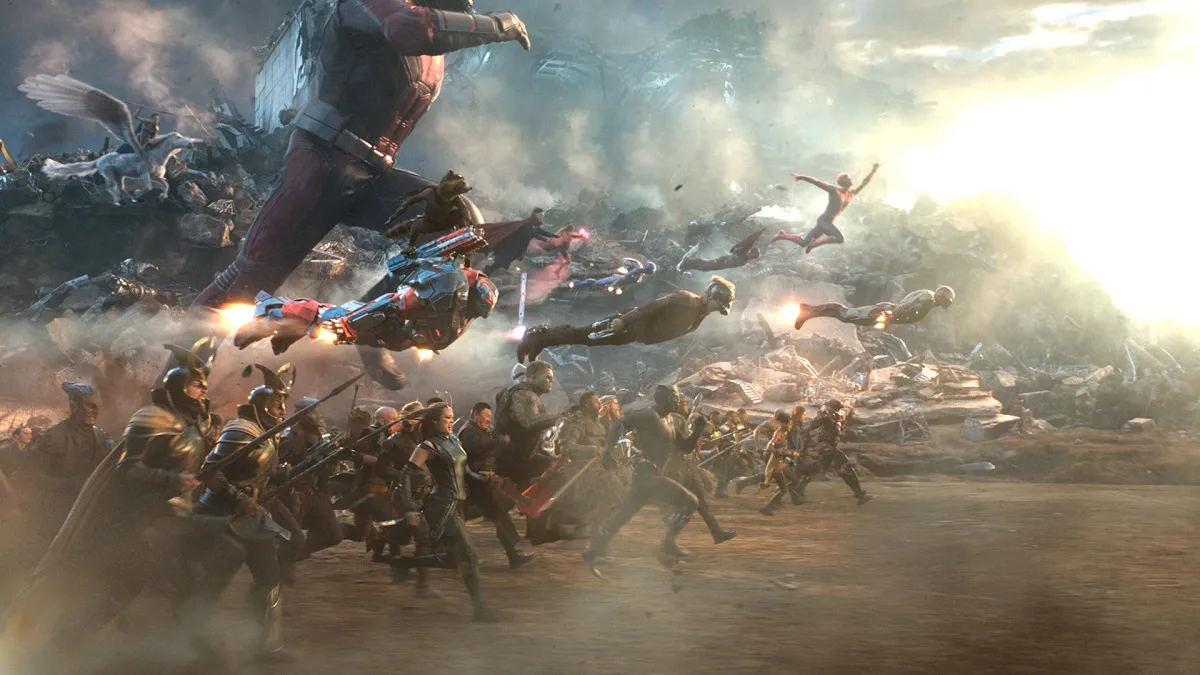
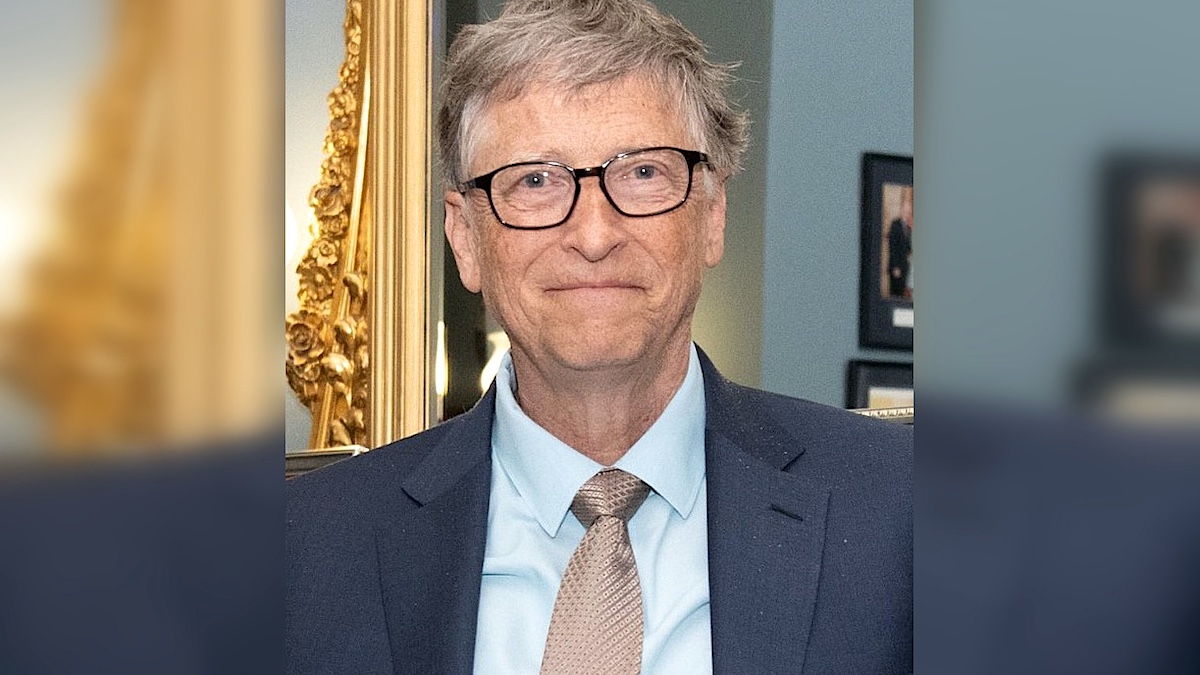
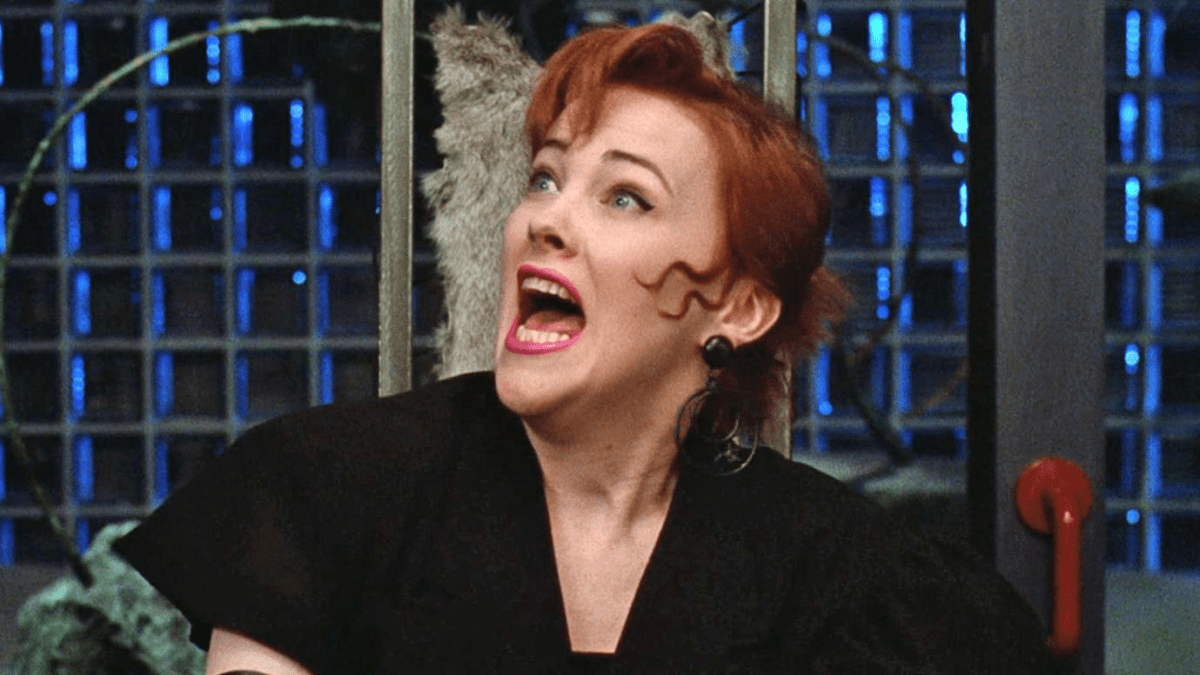
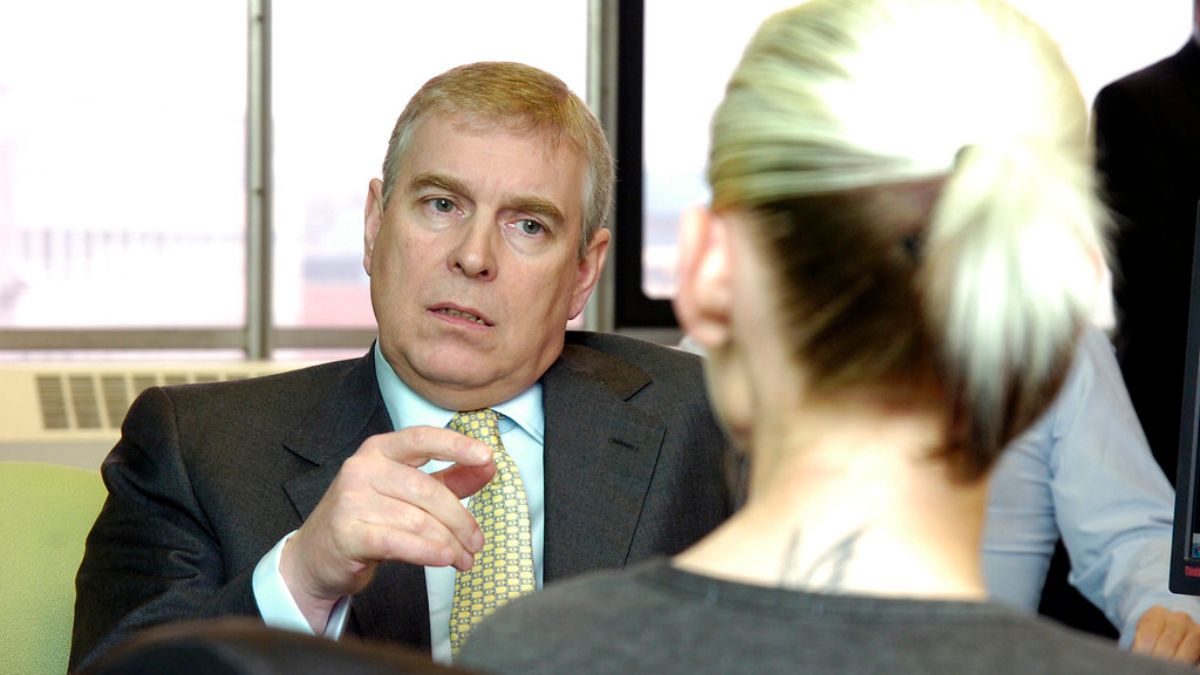
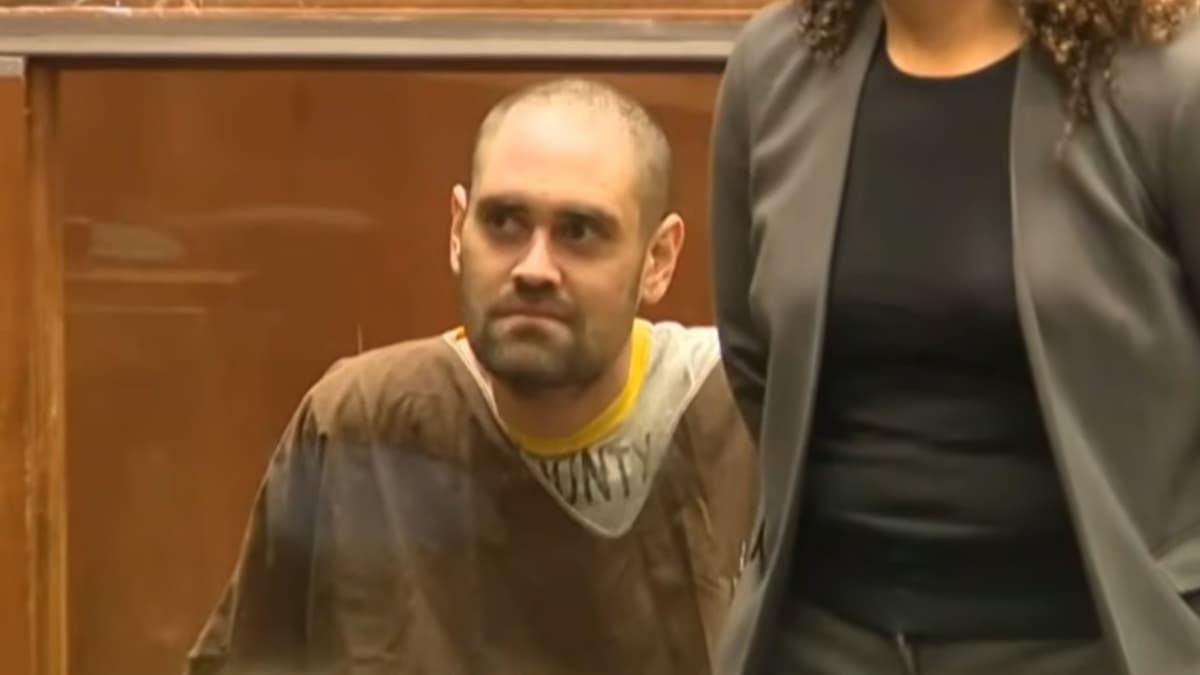
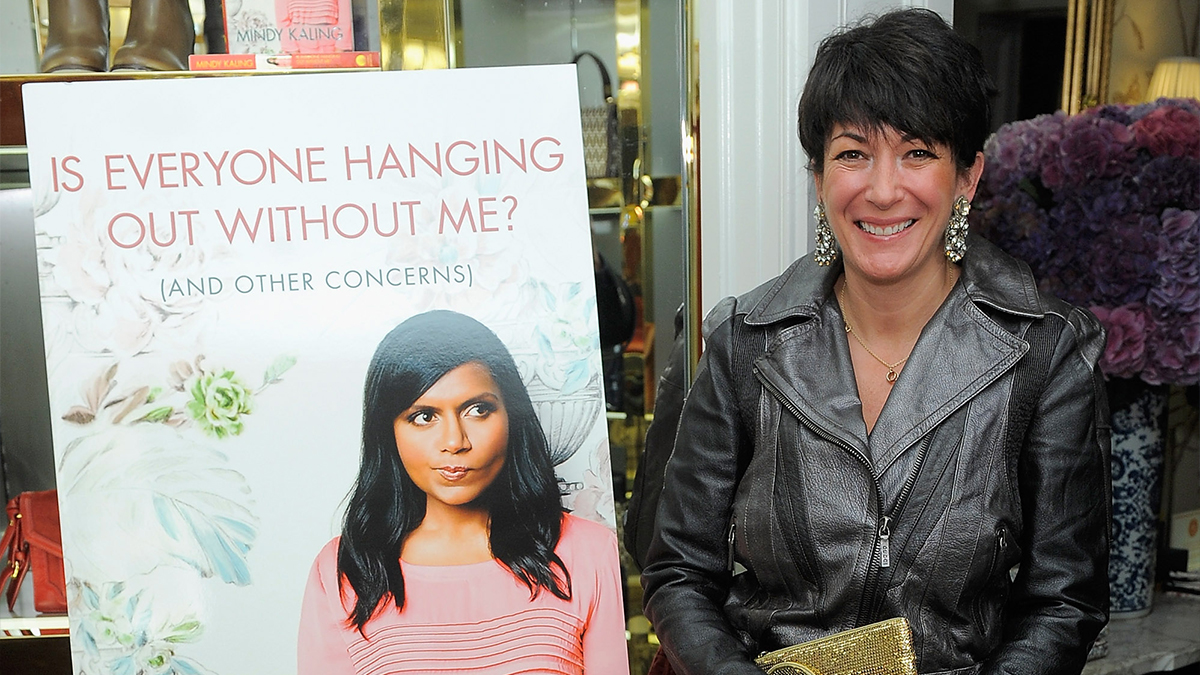
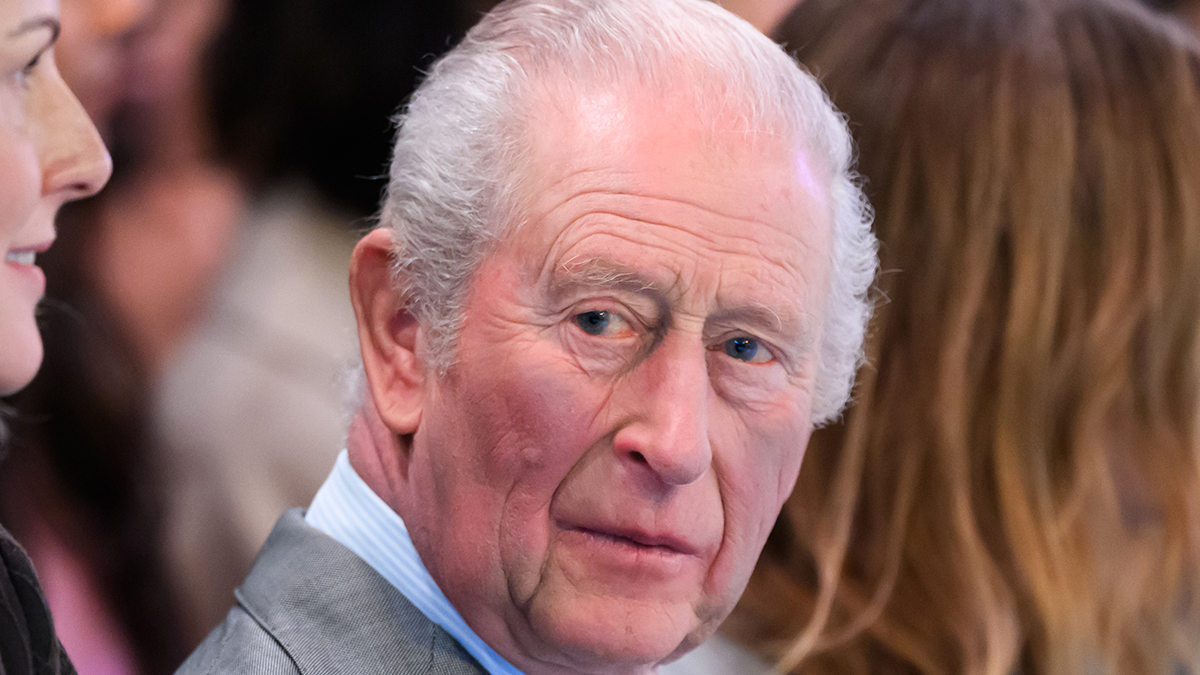
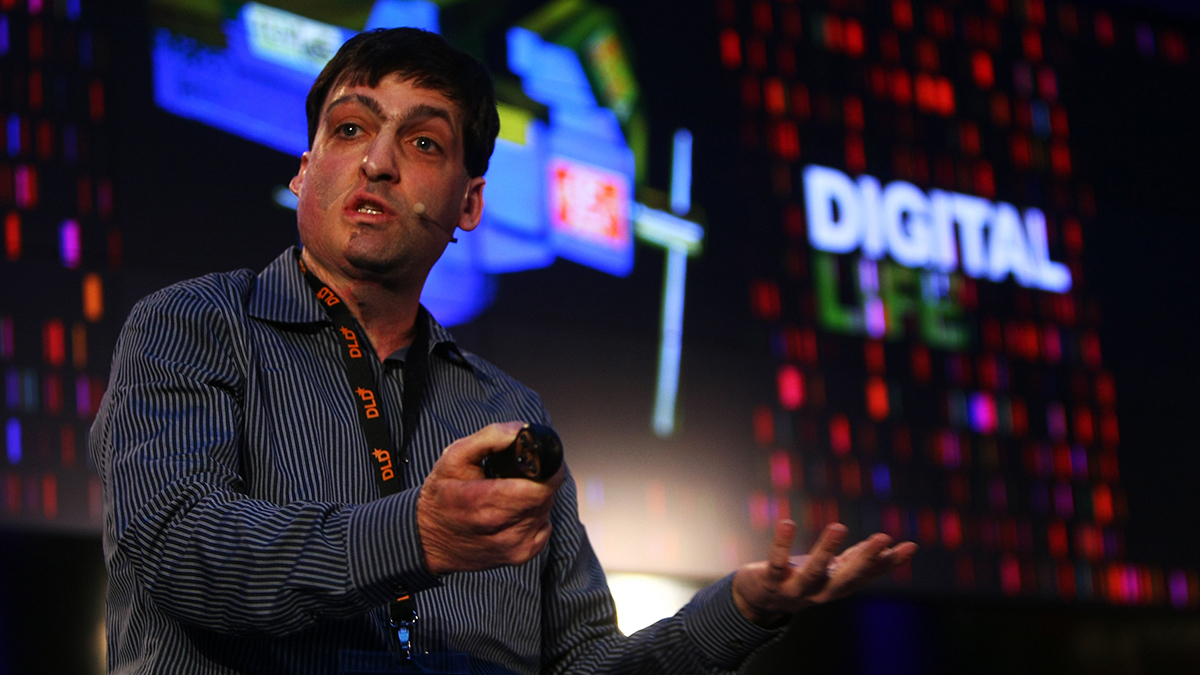
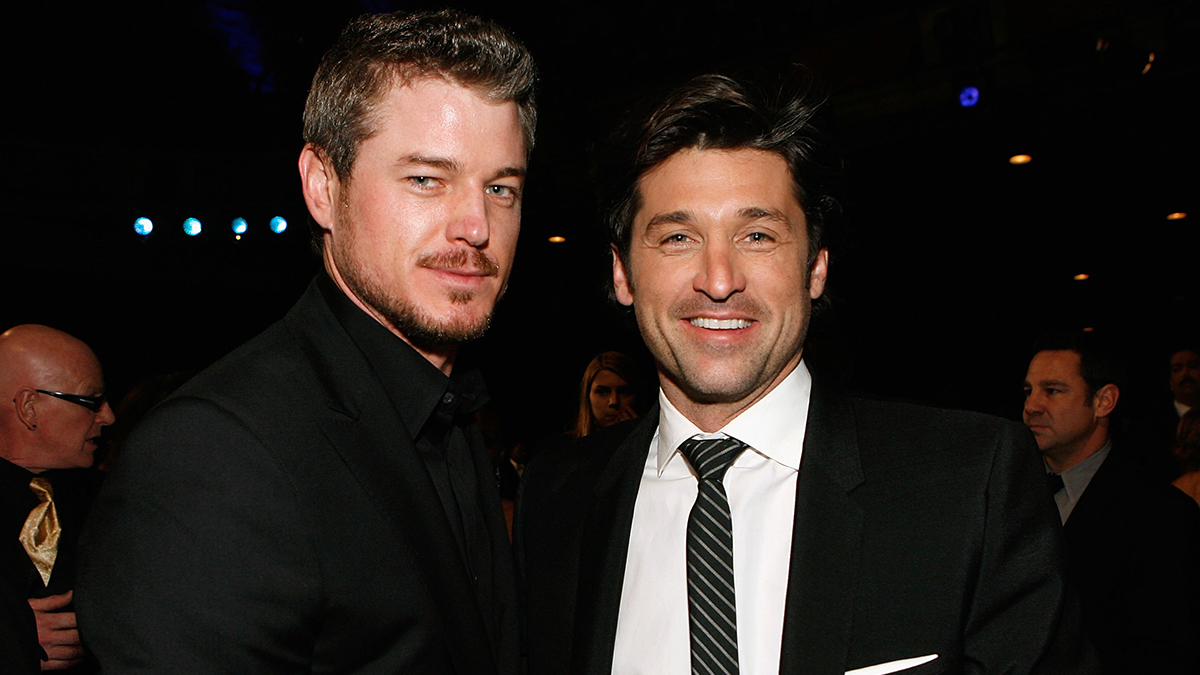

Published: May 9, 2023 09:09 pm